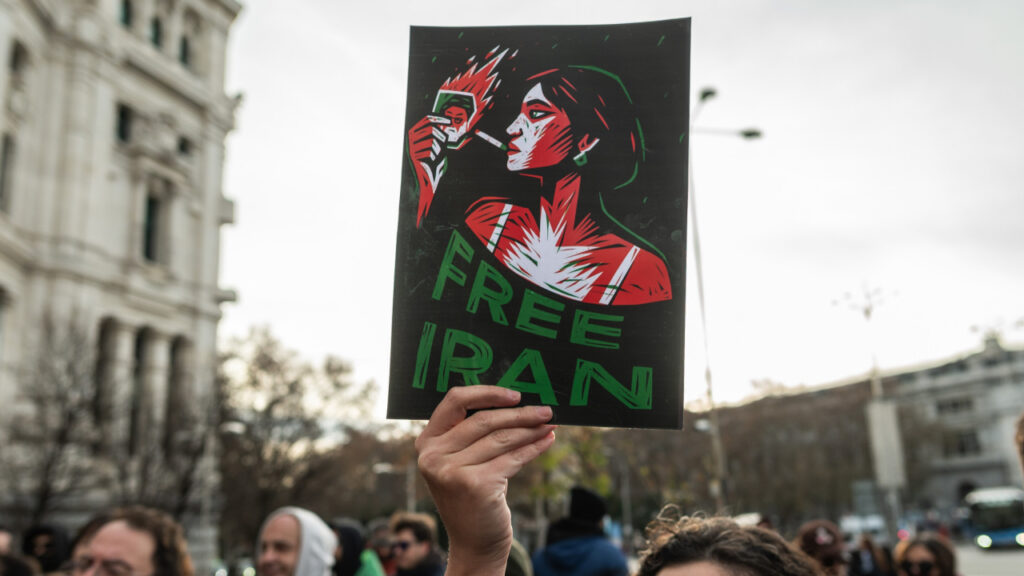Karol G’s Victoria’s Secret Debut Feels Historic… And a Little Bit Haunting
When news broke that Karol G would perform on the Victoria’s Secret Fashion Show stage, everyone and su abuela celebrated. Seeing a Latina who looks like us take over a stage that defined luxury underwear and shaped what “sexy” looked like for over 30 years felt monumental. And don’t get me wrong, it is.
However, it also opens a harder conversation about how we, as Latinas, still crave acknowledgment from a mainstream built to keep us at the door. Especially in an industry that for decades sold the myth that all Latinas should look like Adriana Lima, and that beauty was something you could buy in pink packaging.
Victoria’s Secret Was Never About Women. It Was About Power
Yes, it’s lingerie. But lingerie designed by and for men, not women.
In 1977, Stanford graduate student Roy Raymond founded Victoria’s Secret after feeling embarrassed while buying lingerie for his wife. “When I tried to buy lingerie for my wife, I was faced with racks of terry-cloth robes and ugly floral-print nylon nightgowns, and I always had the feeling the department store saleswomen thought I was an unwelcome intruder,” Raymond told Newsweek at the time.
Back then, beauty and eroticism were being redefined through Playboy and the rise of adult films. While feminists were still fighting for the right to have a credit card without a husband, men were redesigning stores to dictate how women should dress so they could feel comfortable.
The worst part? Women were taught to believe that this was empowerment. That to be desired was to be powerful. That to look sexy in your underwear was the ultimate liberation.
Behind the Rebrand: When “Empowerment” Becomes a Sales Pitch
Fast forward to 2023. After years of backlash and the rise of third-wave feminism, Victoria’s Secret attempted a rebrand. The company promised to “advocate for women” through the creation of the VS Collective, a group meant to represent diversity and empowerment. According to The Guardian, this “feminist makeover” included body positivity campaigns and models who were disabled, transgender, and plus-size.
But the lingerie itself? It stayed the same.
When the brand’s profits plunged by billions, the company quietly pivoted again, bringing back “sexy.” Meanwhile, investigations by The New York Times and WWD revealed deep ties between Victoria’s Secret’s former leadership and Jeffrey Epstein, alongside an entrenched culture of “chauvinism, sizeism and sexual misconduct.”
Now, the rebranding of “sexy” seems to have a new face: Latina.
Karol G Takes the Victoria’s Secret Stage
On October 8, Billboard reported that Victoria’s Secret announced an all-female musical lineup for its 2025 Fashion Show: Missy Elliott, Madison Beer, K-pop group TWICE, and Karol G. The event will stream live on October 15 across the brand’s social channels and Prime Video.
“Performing at the Victoria’s Secret Fashion Show has been a dream of mine since I can remember,” Karol G told Billboard. “I can’t wait to share the stage with such strong and empowered women, and to celebrate femininity while uplifting each other through two of my favorite things: music and fashion.”
Bringing Karol G on makes perfect business sense. She’s the hottest Latina act since Bad Bunny, with a global image rooted in reimagining the Latina vedette, honoring those who came before her while reshaping what sensuality means today. Through her fifth studio album, Tropicoqueta, she has reframed femininity as cultural memory and resistance, blending nostalgia with empowerment.
But here’s the paradox: falling into the Victoria’s Secret narrative feels like a step backward.
What Karol G’s Moment Says About Latina Empowerment
For years, Victoria’s Secret has profited from the illusion of empowerment while reinforcing the same standards it claims to dismantle. Its “feminist” makeover didn’t emerge from genuine change but from market pressure. And when that strategy failed, the company went back to what sells: hypersexualized aesthetics, now dressed in inclusion.
So where does that leave us?
As Latinas, we’ve fought to reclaim our beauty from fetishization. To move beyond the tropes of “spicy,” “curvy,” or “fiery.” Seeing Karol G—who has spoken openly about inclusivity, women’s rights, and body image—step onto the same stage that built its empire on the male gaze feels complicated.
Aren’t we the generation that promised to call out this very system? Or has Latinidad become the new performative costume that liberal capitalism hides behind?
Empowerment Can’t Be Sold
Karol G’s success is undeniable, and her cultural impact is immense. But the stage she’s stepping on carries ghosts of exploitation, exclusion, and rebranding as revolution.
If Victoria’s Secret wants to rebuild, it must do more than showcase empowered women; it must stop turning empowerment into an aesthetic.
Because empowerment, like beauty, cannot be sold.




